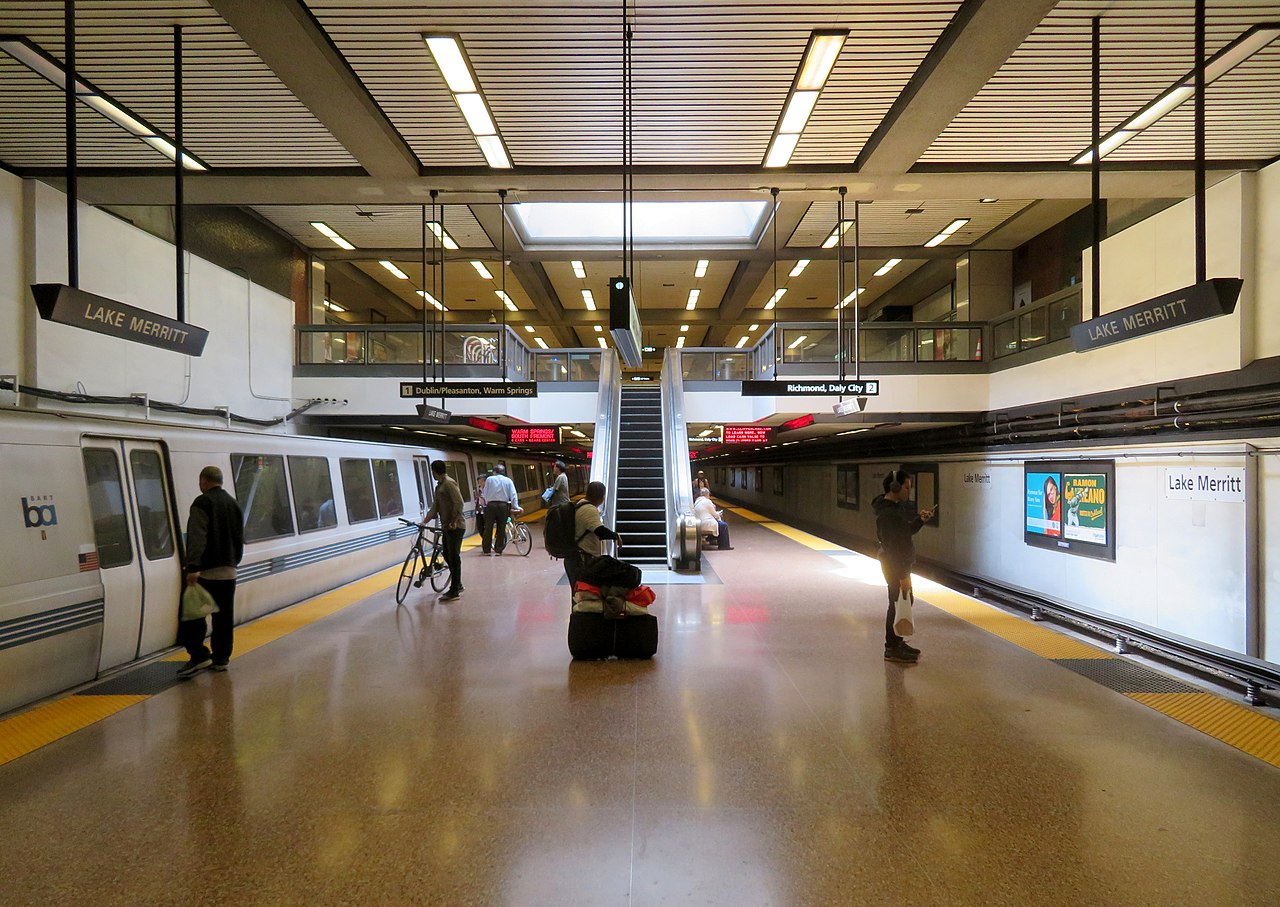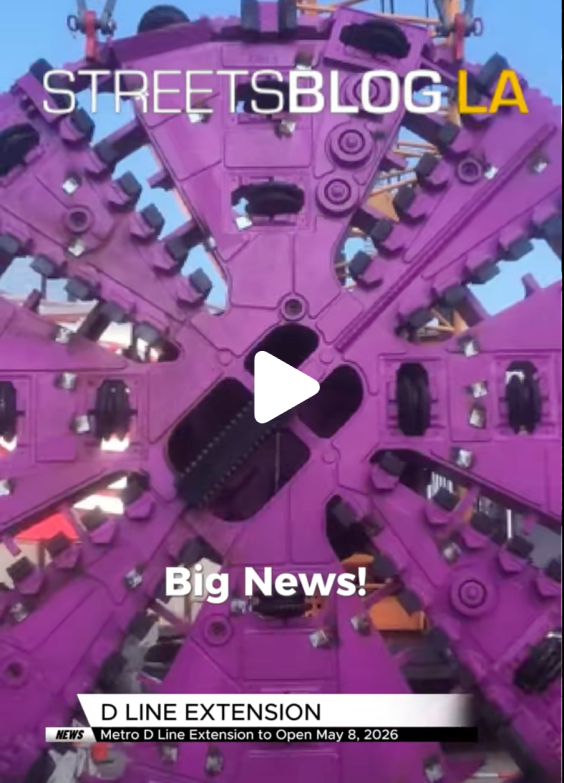Car prices, say analysts, are poised to shoot up by thousands of dollars thanks to the Trump Administration's 25 percent tariffs. Car parts and repairs will too.
I don't own a car. And it's nice knowing that car tariffs, arguably the most impactful part of Trump's import taxes, will have no direct effect on my life, at least in the short term. The same goes for the 30 percent of San Francisco households without a car. We don't have car loans, car insurance payments, registration fees, gas bills, parking tickets, or repair bills—it's almost $1,000 a month we don't pay. "Auto ownership used to be a symbol of freedom in America," said Dan Ashley of San Francisco's ABC affiliate. "But now, for many in the Bay Area, car ownership looks more like a ball and chain."
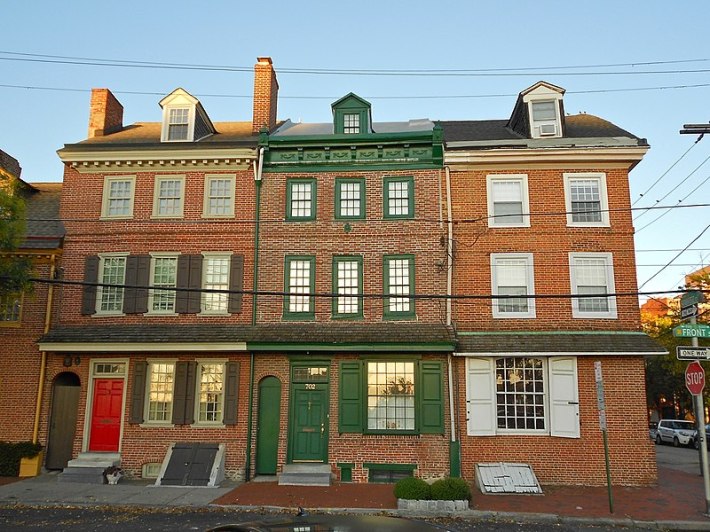
Of course, cars cost me anyway. Thanks to zoning restrictions, I'm still forced to own a parking space that amounts to almost half the square footage of my condo. I'm banned from using it for anything except the storage of an automobile. Think about how absurd that is for people who don't own a car. I'll also never be able to afford a house in the Bay Area because nearly the entire region has zoning that requires a front yard (so there's room for a driveway) and a garage to allow for the storage of two or more cars off the street. Every time I shop, I'm paying for retail parking I don't use. And most employment centers in America are also required to have extensive parking. That jacks up the price of housing everywhere for everyone, massively, as the late, great professor Donald Shoup built his career documenting.
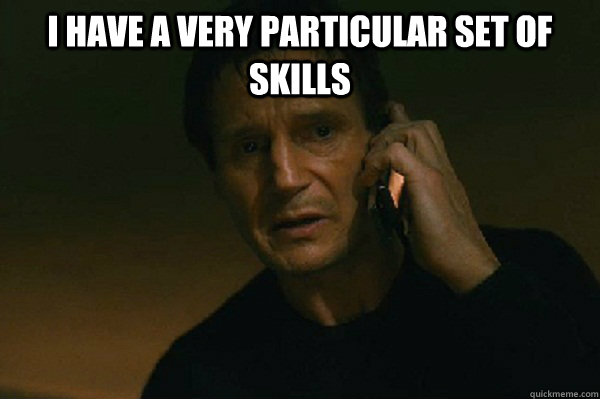
I've sacrificed, salary-wise, to have a car-free lifestyle. Years ago, when I lived in Los Angeles, I owned a car, but I passed on jobs that would have required me to commute to an office park. Even then, I damaged my career by politely refusing to drive sometimes. I've obtained degrees and developed a particular set of skills that allow me to make those trade-offs and remain employed. Sadly, this is not possible for most Americans.
But, and this is the core of the Streetsblog mission, I believe it should be.
I'm not anti-car. I owned a car for years. Many of my fellow Streetsblog editors still do. But is it really necessary to set up every aspect of our society so almost nobody can choose a car-free or car-light lifestyle? Does the "other side" really want a world where everyone owns a car, not for the freedom and flexibility car ownership ostensibly provides, but just to survive?
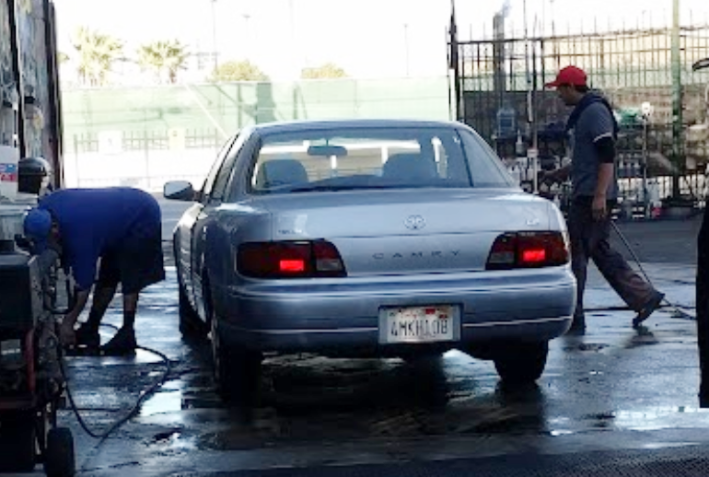
As I write this, construction crews are behind my condo ripping up and widening the ramps of the Nimitz freeway in another pointless project to push more cars through the Posey Tubes. They're also eliminating a sidewalk. When they're done, residents of my neighborhood will have to cross even more lanes of fast-moving traffic to get to the nearest BART station, making it that much harder to use transit. The county could be focusing on bike and pedestrian infrastructure to make it easier to live car-free or car-light. Instead they're frequently making it harder. This is still happening all over the Bay Area and the country.
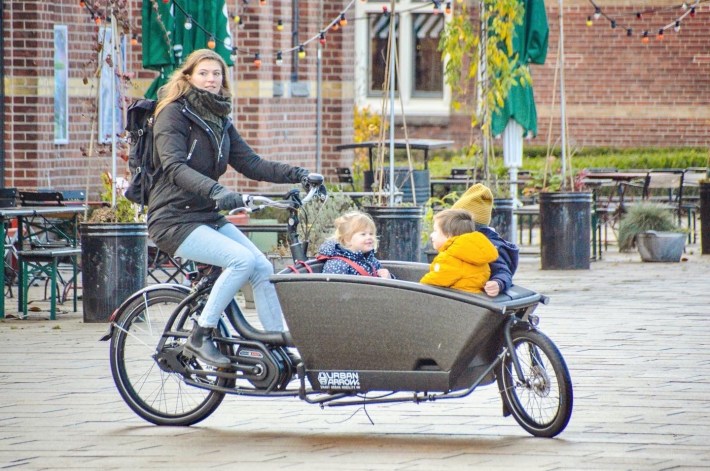
Unfortunately, the economy of the United States, after some 80 years of building almost exclusively for cars, is utterly intertwined with the fortunes of the automobile industry. With tariffs on all the metals and other materials required to build cars and car parts, everything about car ownership is poised to get much more expensive. That's going to have direct and indirect impacts that will dig into people's wallets, even in areas with decent public transportation where a car-free or car-light lifestyle is doable. It's going to push some people into bankruptcy and even homelessness. It's going to ripple through all aspects of the economy.
I hope some day the opponents of safe-and-livable streets will see the folly of building all-but monomorphic transportation and zoning systems. I submit that it would be preferable if more people in this country could read news of rising car and gas prices in the abstract. It would be better if individuals had the freedom to choose how they live, spend their money, and get around.
